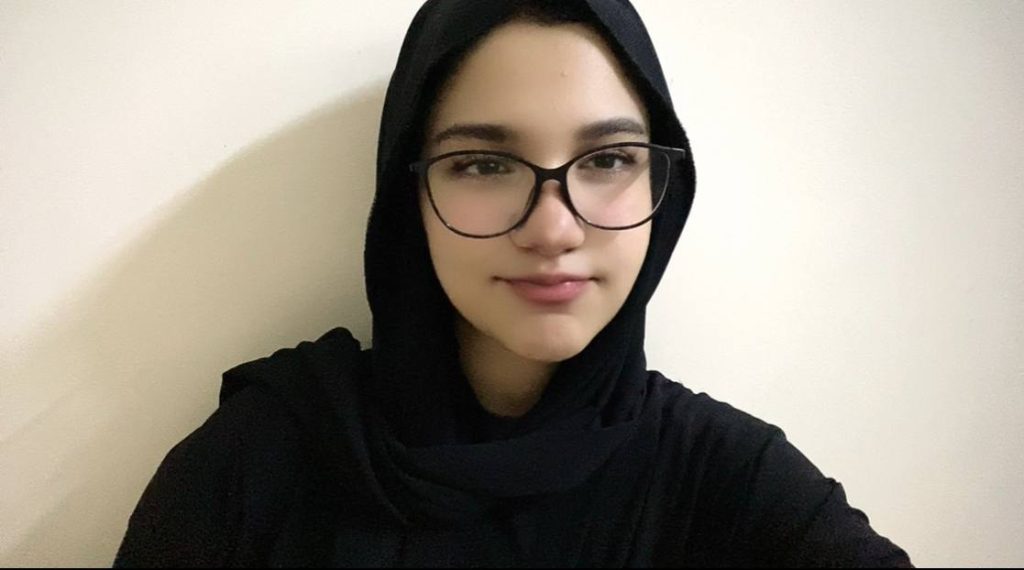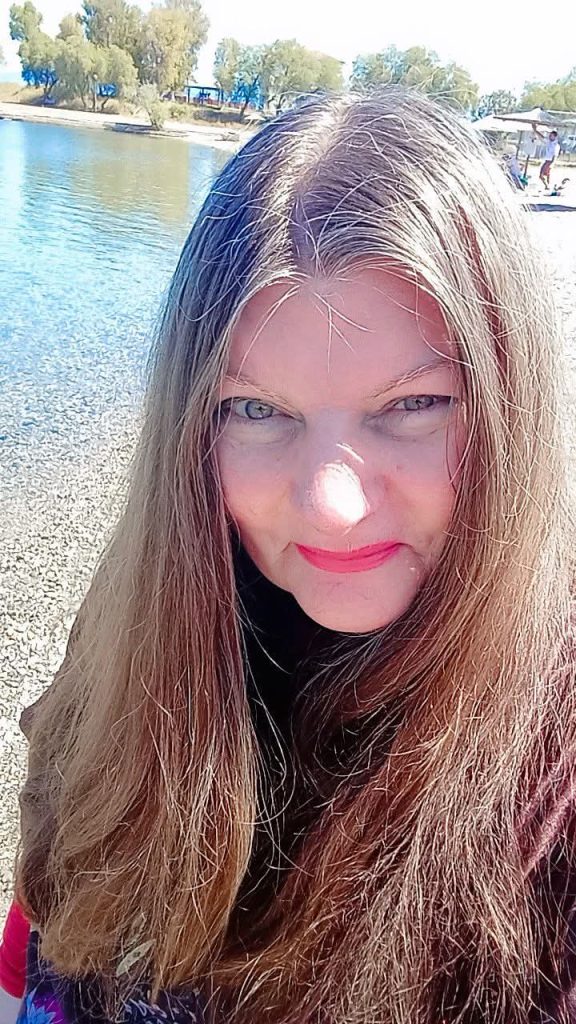Longing
for K. Sello Duiker
I sleep when I am tired
When there’s a hummingbird in my mouth
A starling swimming in a cup of honey
On my kitchen table
I was so good at giving
my heart away to the flowers,
to the rain, to the sky,
to the empty field behind my house
I am tired of being mentally ill,
this chronic sickness,
this flame
the powers that be
I watch it burn between my fingers
It tastes of Palestine
Cold stone turned into rubble
Make it go away
But it doesn’t go away
Look!
Wildflowers have started
to grow next to my bed in the hospital
next to the bars at my window
I needed sanity in my life
Every woman needs that
So I imagined their beauty,
their growth
the growth and beauty
of the wildflowers
Every woman needs that
In my bedroom, at home
a cobweb covers the rose,
my mother’s wizened hands
and fingers as she makes my bed
She bought me a journal,
a new pen,
new books
She places these gifts
on the table next to my bed
welcoming me home
She doesn’t say that she loves me
She doesn’t say that I’ve been missed
The gifts are enough
The fact that they tidied up my room
that my mother’s made up my bed
I dance in the Imperial dark
by myself, barefoot,
to the lonely notes of pianist Olga Scheps
The bathwater turns into seawater
The kitchen turns into the shore
I hug the red fox
bleeding into the sheet
I hand my father his teeth
and towel-dry my hands
I watch him shave
We read the newspaper
in the sitting room
We drink coffee
We eat cheese sandwiches
We talk
Years later
I am standing in the kitchen
thinking back to my first breakdown
My brother makes eggs
While he makes the eggs
he shouts at me
Those were his words and not my own,
I tell myself
I ate the green olives gingerly
Olives for breakfast
They tasted delicious and cold
The men in my life
that tension and spark
didn’t know what to do
with me really
Only that I could never
be wife material
Only that I could never
raise children
Oh, madwomen couldn’t do that
Years later
I am alone
remembering all of this
all of them
remembering the breakdown
how it changed me
how it broke me in waves
The kitchen turns into the shore
The bathwater turns into seawater
I sink
I fall
I think
I know it all
Cloud people turn to dust in the rain
Another year turns into a birthday cake
A woman brings life into the world
The father, my brother, nurtures the child
Calls his daughter “Princess”
My father loves me
He turns the wrinkled prunes
and custard into a feast meal
I was loved
I am loved
I will love myself and take care of myself
It’s much too late
The clock doesn’t work anymore
Yes, it’s much too late.
flame
in the silence
in this, this lonely hour
Gaza falls
like the neck of a wildflower falls
this too shall pass
do you remember the past
your past
i am in the cave again
how your voices warm my heart
how your voices comfort me
a bird spilled out of me
i am 19 years old
getting on a bus to Johannesburg
not knowing I will go mad there
that it will be six months
before I will see the sun again
the leaves are sad for me
this singing forest, my mother
there is a terror inside of me
the voices murmur something
something about a baptism
i am only a passenger
a passenger who lost her mind
the marbles rock the children to sleep
the children i will never have
the son and daughter i will never have
speak, memory of light, of war
before I disinherit you
summer. salt. tears
the highway falls through the sky
i read everything
i can even read your mind,
this silence
this perception and topography of light healed all my wounds
bloodless grass
on reading that sad story Flowers For Algernon
flame
tomato seeds plastered on my tongue
tasting of summer in the salad
droplets of seawater
against my skin
cold. wet. plasma
the shake of the fish seismic
these pills fill me or are they peas
please fix me, i cried
my mother doesn’t love me
i doubt she ever has
perhaps when i was a baby
no
perhaps when i cried
in her own mother’s arms
i don’t know
perhaps when she knew
that i was going to be a writer
at eight
well, maybe
at twelve, when the typewriter appeared
perhaps when she
bought adult diapers for me
but she never told me,
her manic depressive daughter
in so many words
that she loved me
i am still crying
middle-aged i am still crying
please, please fix me
fix what is broken
make me whole again
bring my father back to life
i’m changing
i’m changing
watch how proteas grow
out, yes, out of my fingers
watch how they hiss,
snake and groove
just look at how perfect the day is
Don’t you forget about me, pinky swear promise me, R.
I’m sick, R.
It’s my kidneys
(they don’t
work so nicely
anymore) and
my heart and
so sometimes
I get tired. So, so
tired. Today was
one of those
days. You’re
two-years-old so
you don’t really
understand
but I’m telling
you anyway so
that you’ll
understand one day
So, today you
weren’t mine
So, today you
didn’t belong
to me. Your
father kept you
hidden from me.
You didn’t
sing for me. We
didn’t watch
television together.
I didn’t
cook for you.
I was crazy, he
said. I felt no
shame. Many
people had
called me that. I
sat in my bedroom
as your father
shouted at me.
Where’s the food?
He screamed, as
he walked down
the passage
with you in his arms
You do goddam
nothing in this
house. It didn’t
matter. Nothing
mattered. Only
the composer
Maurice Ravel.
I could feel him
in my bones, you
know? He was
shielding
me from my
brother’s gaze.
Lifting me towards
the foam of the
sea threatening
to engulf me via
the ceiling . Oh,
you’ll see. You’ll forget
me. Just like
other family members,
just like my mother
on my birthday, the
church, the
Johannesburg
People. This
memory of
isolation is so
deep. Today
you didn’t ask for
me but that
didn’t make me cry
It was, forget
about her, she’s
crazy, (I mean
what kind of man
says that
to a two year old.)
Soon I’ll disappear,
vanish like chocolate
into thin air. There’s
no key that can fit
into the cage
of my heart
anymore. Shush.
Close your eyes.
Go to sleep. I
am only a dream.
He screams and
screams. The man
screams and
screams at me
but all I can hear
is Olga Scheps and
Maurice Ravel. Look!
I am turning
into a pianist,
a composer. They’re
standing for me
like they stood for
Beethoven. There’s
no more pain.
Everything that
I do is still wrong
but there’s no more
pain. There’s no
longer a cage in
front of and behind
me, an order and
routine of isolation.




